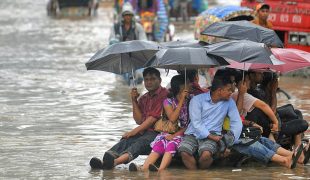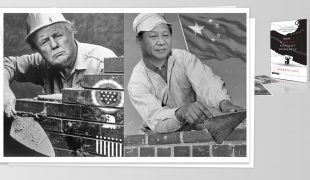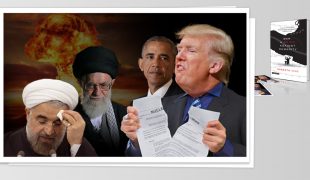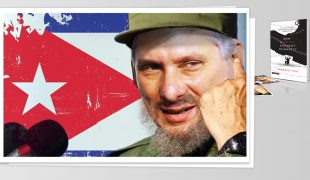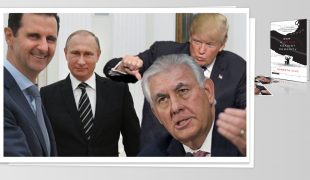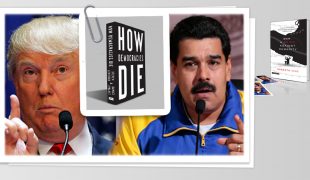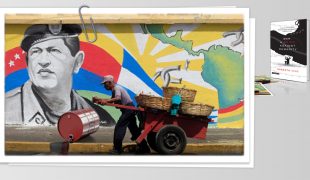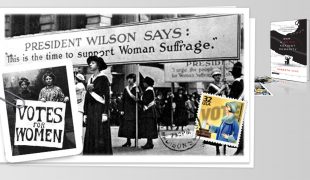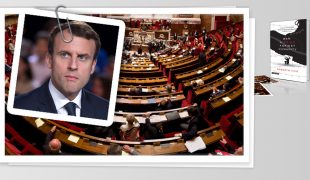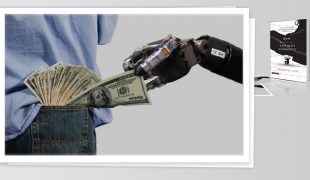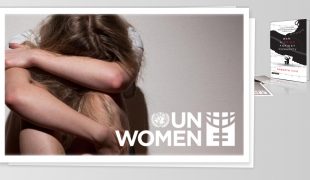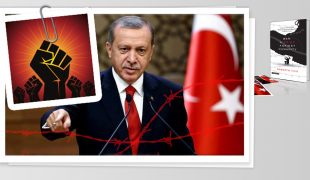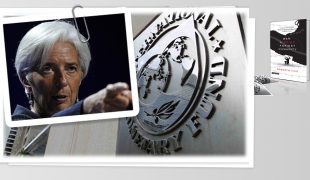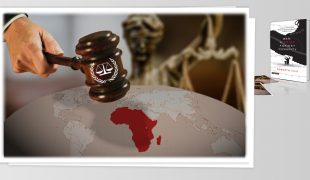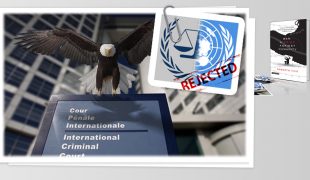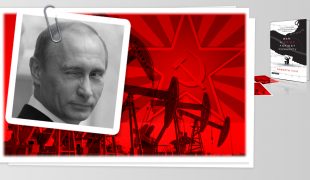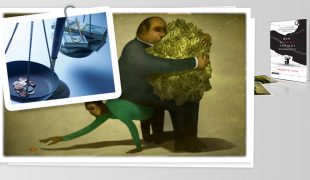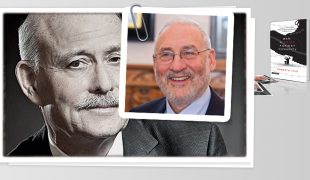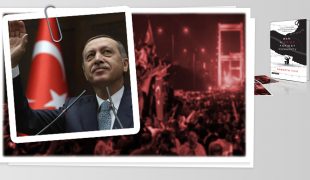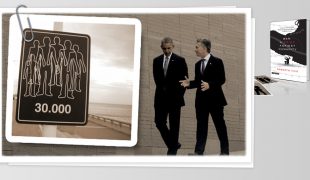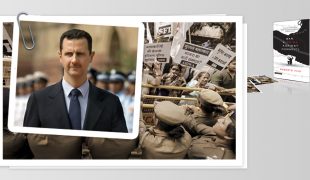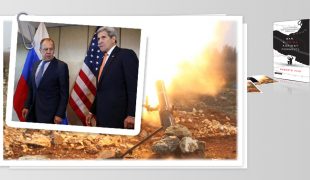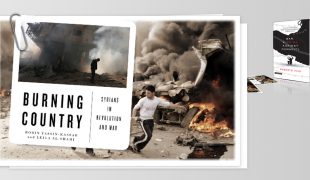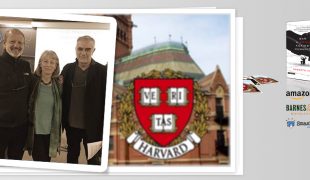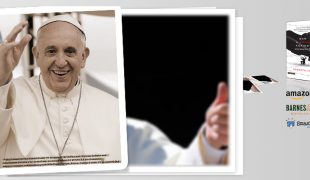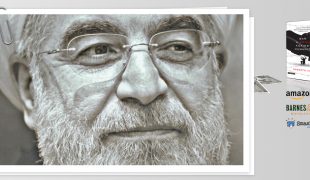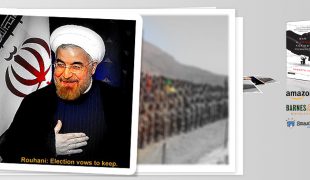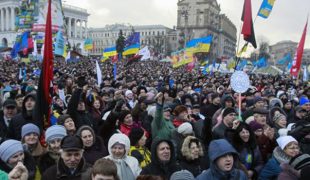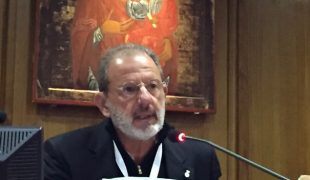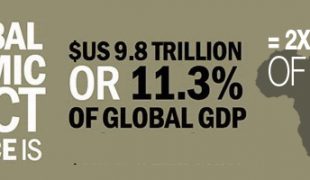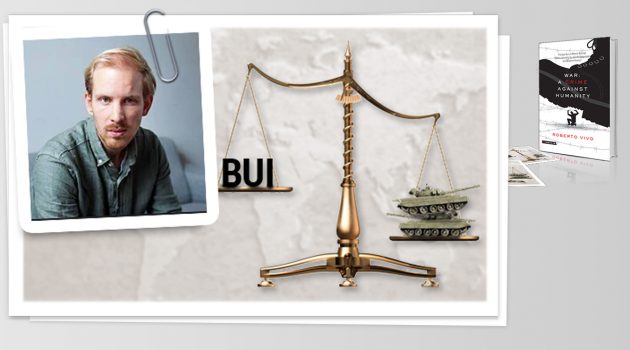
Other viewpoints on Unconditional Income
The general idea behind the theory of Universal Basic Income (UBI), which I’ve written about in two previous blogs is that it should be unconditional. For this reason, some economists and political philosophers translate the UBI acronym as Unconditional Basic Income. The majority of proponents of the idea agree on this single point.
The most socially sound reason for this is that UBI is a way of ensuring a universal alternative to abject poverty. But the best economic argument in favor of UBI is a very practical one: By providing all citizens, no matter what their economic or social conditions might be, with a basic form of subsistence, the enormous bureaucracy currently involved in vetting the beneficiaries of social welfare programs would be vastly reduced, as would the budget necessary to maintain that bureaucracy. This could potentially generate billions of dollars in savings and make social welfare expenditure much simpler and exceedingly more effective, allowing social aid funds to go directly to citizens rather than sticking to the fingers of the agencies currently charged with doling them out to “the worthy”.
Beyond this point of almost unanimous consensus, however, there are numerous viewpoints on why UBI is an idea that has come of age, on how to implement it, and on what its advantages could be to society worldwide. In this article, I want to share a few of the most salient opinions today from UBI theorists considered worldwide experts on the subject.
One of the foremost promoters of UBI is Dutch-born researcher Rutger Bregman. Not yet 30 years old, Bregman is already renowned as a journalist, historian and author. His History of Progress was awarded the Belgian Liberales Prize for best non-fiction book of 2013, and his Utopia for Realists has become an international bestseller with translations into more than a score of languages. He is credited with generating an unconditional basic income movement that has drawn worldwide attention.
In Utopia for Realists, Bregman attempts to put aside right-wing and left-wing divisions and to demonstrate with hard facts and successful examples that many new ideas dubbed “utopian” by the naysayers—e.g., a 15-hour work week and universal basic income—are implementable and practical ideas whose time has come. Bregman develops his theory from the premise that practically everything today is better than it has been throughout 99 percent of prior history. This is hardly a view shared by many people in the West today who see things as “going downhill fast”, with dwindling jobs, concentration of wealth at the top, shrinking pay-scales, the hazards of global climate change, rising rightwing populism and a burgeoning global population topping their list of concerns.
But Bregman posits that “for roughly 99 percent of the world’s history, 99 percent of humanity was poor, hungry, dirty, afraid, stupid, sick and ugly.” He claims that all of this has changed in the last two centuries and that the change has been on a progressively positive trend: “Billions of us,” he says, “are suddenly rich, well-nourished, clean, safe, smart, healthy, and occasionally even beautiful. Where 84 percent of the world population still lived in extreme poverty in 1820, by 1981 that percentage had dropped to 44 percent, and now, just a few decades later, it is under 10 percent.”
While this may be a highly optimistic viewpoint that would certainly beg debate in many circles —especially among aid groups struggling to raise funds to feed the world’s hungry and shelter more than 60 million refugees from war and poverty-devastated nations— it is in line with his principal argument that every milestone in civilization was at one time considered “a utopian fantasy”, and that like those other achievements, UBI is destined to become a workable and commonplace reality.
His stance is juxtaposed to that of populist right-wingers like Marine Le Pen, Nigel Farage and Donald Trump, who seek a return to “how things used to be.” His solutions are simple and clear. “Poverty,” he says, “isn’t a lack of character. It’s a lack of cash.” And his idea for lifting people out of poverty is to simply give everybody free money to ensure their subsistence.
I mentioned here last time that this was an idea shared by an iconic conservative US economist, the late Milton Friedman. But many young people would still be shocked to know that the largest country that ever came the closest to implementing UBI nationwide was, indeed, the United States and that the proposal for doing so wasn’t made by a liberal but by one of the country’s most conservative Republican presidents, Richard Nixon. Bregman tells how Nixon twice sent a universal basic income bill to Congress, managing to push it through the House of Representatives both times, only to see it blocked in the Senate because Democrats deemed the cash amount of the UBI proposed to be too little.
I plan to write in further detail about the theories that Bregman develops in Utopia for Realists at some point in a future, but suffice it for now to say that what he posits is the simplification of the “welfare state” into a system by which every person has a right to basic subsistence. He indicates that the current system is failing because it applies a “standard of progress” from another era, the wartime era of World War II. The fact that the war has been over for the past seven decades means that “our statistics no longer capture the shape of our economy” and, according to Bregman, this reality has consequences.
Each era needs its own set of statistics, he argues. Speaking of which, he makes his case for UBI statistically clear: “Eradicating poverty in the US would cost only about $175 billion, less than 1 percent of the GDP.” And, I might add, over four times less than the big banking bailout cost the US following the crash of 2007. Bregman adds that “winning the war on poverty would be a bargain compared to the wars in Afghanistan and Iraq, which a Harvard study estimated have cost…a staggering $4-$6 trillion.” He further argues that “all the world’s developed countries had it within their means to wipe out poverty years ago.”
Many of the voices trumpeting the virtues of UBI belong to economists and sociologists who form part of what has come to be known as the “libertarian left”. Left-libertarianism is the name given to a variety of loosely related but often distinct approaches to both political and social theory. What these approaches all have in common is their emphasis on social equality and individual freedoms. While at its far-left fringe, left-libertarianism is synonymous with libertarian varieties of anarchism and Marxism, when it comes to the UBI debate, it refers to the ideas of thinkers like Peter Vallentyne, Hillel Steiner and others who champion self-ownership (they make a not so subtle distinction between personal property and private property), but applying egalitarian principles to natural resources, which they consider to be the birth-right of every individual.
In this brand of left-libertarianism, natural resources are pretty much defined as land, oil, mineral wealth (including gold) and vegetation. By and large, they believe that such resources should be subject to egalitarian rules and should either not have owners or should be owned collectively as in Marxist-style orthodoxy. The most liberal and progressive of these left-libertarians support private property, even as it applies to natural resource concessions, but only on the condition that proper compensation (meaning compensation that actually reaches the individual in a significant way) be provided to the local community when resources are granted to private concession-holders.
A dual citizen of the US and Canada, Dr. Peter Vallentyne, aged 65, is a native of New Haven, Connecticut, but is currently a professor of philosophy at the University of Missouri (Columbia, MO). He has also taught at the Virginia Commonwealth University and at the University of Western Ontario. Having written and lectured extensively on a wide variety of related issues, he is a clear-cut proponent of natural resource compensation as a source for universal basic income funding.
Vallentyne proposes that although all forms of libertarianism reject “non-consensual taxation of labor and the products of labor,” all but radical right-wing libertarianism allow a wealth tax on natural resource rights. He marks the different degrees to which libertarians accept this principle by saying that “some versions of libertarianism allow the equal and unconditional distribution of such revenues and some do not.” Vallentyne’s own UBI theory is a complex one, but it appears to be based on certain clear-cut factors: the justice of a basic income in the absence of valid consent from those required to finance it, and endorsement of full self-ownership and full ownership of “the products of one’s labor,” but not over the natural resources from which these products are derived.
In other words, he posits that while it would be, perhaps, excessive to recover all natural resources and bring them under collective ownership, those with rights to natural resource ownership should pay compensation to individuals who, by not having such rights, are deprived of the same “opportunity for well-being” as the natural resource holder. Simply stated, Vallentyne proposes that “no human agent created natural resources, and there is no reason that the lucky person who first claims rights over a natural resource, and the inheritors of those rights, should reap all the benefits that the resource provides.” Universal Basic Income, then, should, in Vallentyne’s view, be paid for with taxes levied on the ownership rights for natural resources—but not on the products of the resource holder’s labor.
Unlike some other basic income advocates, however, Vallentyne ponders whether UBI should indeed be universal, or just unconditional, considering that, perhaps, those with more assets than the norm should receive less or no UBI benefits. Seen in this way, his plan seems to me to be somewhat less likely to cut down significantly on bureaucracy because this would presumably involve a complicated vetting process.
This is a major difference between Vallentyne’s view and that of Hillel Steiner. Steiner—Canadian-born professor emeritus in political philosophy at the University of Manchester, who was inducted into the British Academy in 1999—believes that many of the world’s current social problems would be solved by instituting payment of a basic income to every individual on earth. Says Steiner, “Unlike the benefit provision of the standard welfare state — a provision conditional on its recipients being ill, single parents, disabled, unemployed or retired — a UBI is intended to be given to everyone, rich and poor alike.” As such, he points out, “its administration would be far less costly than that of any conditional benefit provision since, being universally supplied, UBI would require no assessment of its recipients’ personal circumstances.”
Another leg of his argument in favor of UBI is simplification of how to pay for it. For this purpose he espouses the implementation of a blanket Land Value Taxation (LVT), as the primary source for funding UBI because it constitutes “the perfect tax” and neutralizes the most often quoted argument against welfare: namely that it “enables work-shy, able-bodied people to live parasitically off wealth created by hardworking taxpayers.”
LVT, Hillel posits, “is a levy on the unimproved value of a land site — a levy that, unlike property taxes, disregards the value of buildings, personal property and other improvements to that site.” In other words, LVT passes the litmus test of taxing the value of a raw resource, which, according to the left-libertarian stance, belongs to everyone on earth, without taxing the fruits of the labor of the holder of that resource. And it provides compensation to the other stakeholders in that resource who do not have the same opportunity as the resource-holder to profit from its exploitation.
LVT’s economic efficiency has been recognized since the 18th century, and numerous economists since Adam Smith and David Ricardo have advocated for it. Hillel points out that LVT is most famously associated with the theories of late-19th-century American economist Henry George, a journalist-reformer enrolled in the Progressive Era, whose ideas for social reform were based on the principle that people should own the value of whatever they produce themselves, but that the economic value of land and natural resources in general belonged equally to all members of society. Advocates of LVT still today span the political spectrum between such ideologically divergent Nobel-laureate economists as Milton Friedman on the right and Joseph Stiglitz on the left.
These are just a few of the major voices advocating unconditional basic income. I’ll be examining further stances on the subject in subsequent blog entries.




